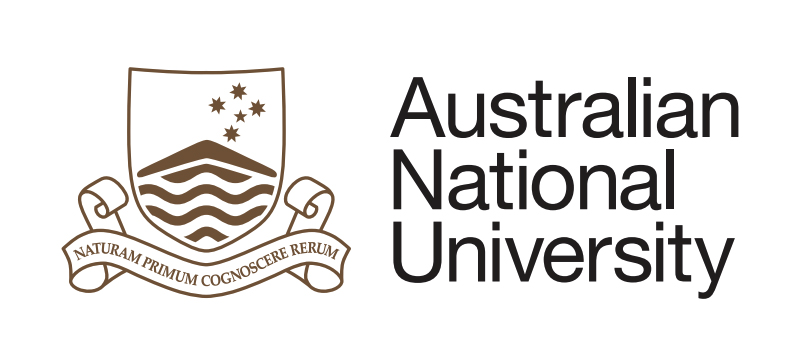Australian National University (ANU)

Campuses: Canberra
Established: 1946
Student population: 25,500
CRICOS: 00120C
ANU is one of the world’s most highly-respected universities. It was ranked number four in Australia and 34 in the world by the QS World University Rankings 2024.
Established in 1946 by the Australian Government, ANU leads Australia’s intellectual development through its powerhouse research. Today, ANU graduates are playing vital roles in society as politicians, business leaders, artists, scientists and policy advisors.
The University offers a unique, research-driven environment where bright, ambitious students excel using world-class facilities, including the country’s most powerful computer, laboratories and lecture theatres equipped with the latest technology and three main libraries housing over two million traditional and two million electronic volumes.
ANU is a member of the IARU, the International Alliance of Research Universities, which gives students and staff opportunities for exchange and collaboration and contributes to ANU’s rich intellectual climate.
IARU is an international alliance of the world’s ten leading research universities including ANU; the National University of Singapore; Peking University; the University of California, Berkeley; the University of Cambridge; the University of Copenhagen; the University of Oxford; ETH Zürich; the University of Tokyo; and Yale University. The IARU unites universities that share a similar commitment and vision to educating future leaders, and is fostering internships, conferences, exchange, and the development of joint degrees.
ANU has also forged close links with government, business and research institutions in Australia and abroad, and is involved in projects with organisations ranging from NASA to the European Union.

